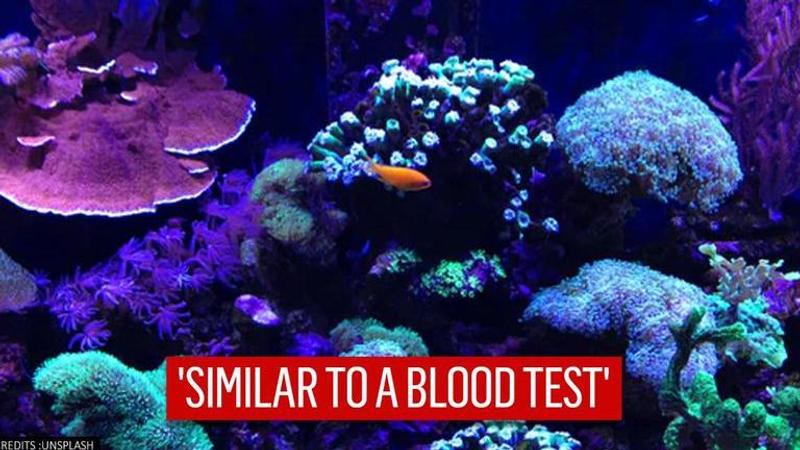Published 20:02 IST, January 5th 2021
Indian-origin researcher leads study to develop new technique to identify 'coral health'
Indian-origin researcher-led study has described a new way to identify which corals are “heat-stressed” to help the scientists work towards ‘coral bleaching’.

Advertisement
Researchers have now found a new way to identify which corals are “heat-stressed” that could potentially help the scientists work on the coral species that requires protection from the rising temperatures of the oceans due to climate change. Indian-origin scientist, Debashish Bhattacharya led the study at Rutgers University, New Brunswick and explained the newly-discovered technique as “similar to a blood test to assess human health”.
Debashish Bhattacharya, a Professor in the Department of Biochemistry and Microbiology in the School of Environmental and Biological Sciences at Rutgers University-New Brunswick explained that researchers can assess the “coral health” by measuring the metabolites they produce and then identify the best interventions to ensure the health of the reef. The discovery came at the time when ‘coral bleaching’ has drastically increased to an alarming level and is also being termed as ‘ecological disaster’.
“This is similar to a blood test to assess human health,” said senior author Debashish Bhattacharya. “We can assess coral health by measuring the metabolites (chemicals created for metabolism) they produce and, ultimately, identify the best interventions to ensure reef health. Coral bleaching from warming waters is an ongoing worldwide ecological disaster. Therefore, we need to develop sensitive diagnostic indicators that can be used to monitor reef health before the visible onset of bleaching to allow time for preemptive conservation efforts.”
Corals could be bleached in 15 years
Meanwhile, a research carried out at Bangor University suggested that the Amazon Rainforest could be gone in about 49 years and the coral reefs could be bleached in the next 15 years. The researchers analysed the changes of 25 marine, 13 freshwater and four land ecosystems to find out how long it would take for them to reach a critical point. Dr Simon Willcock, a joint lead author on the study, from Bangor University's School of Natural Sciences, said that the changes represent a threat to human life. The scientists have said that once a 'tipping point' is triggered, large ecosystems could collapse much faster.
While scientists have repeatedly cautioned over excessive ‘bleaching’ of coral reefs due to global warming, another separate study had revealed that some of the corals have developed a ‘sunscreen’ to protect their skeletons against the rising sea temperature.
20:04 IST, January 5th 2021



